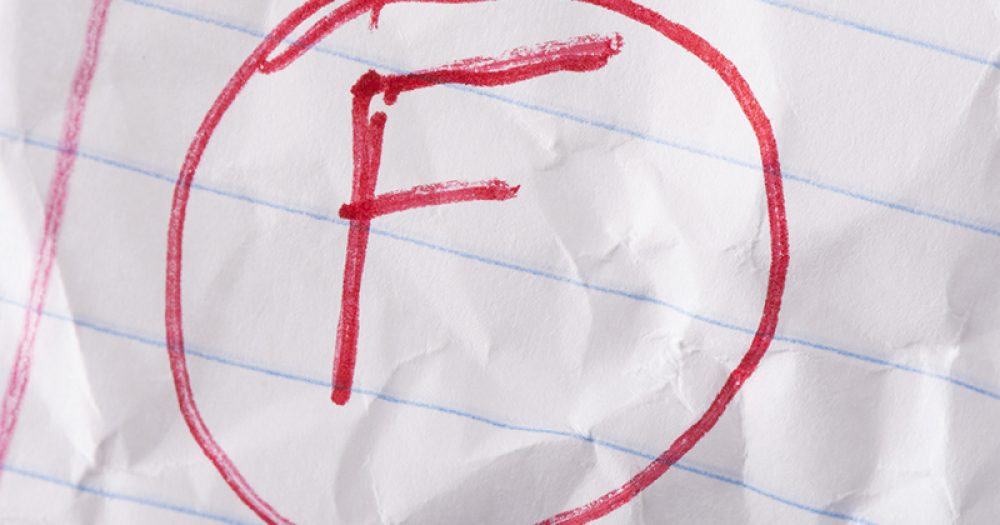The new grading system and a raft of government reforms mean GCSE results will not be comparable until at least 2022, a headteacher has warned.
Liam Collins, headteacher at Uplands community college in East Sussex, said moving to the new 9-1 GCSE grading system meant parents, teachers and inspectors would struggle to compare the performance of a GCSE cohort against previous groups.
While all GCSE results would be graded within the new system by 2019, performance within a school could only be reliably measured after another couple of years, Collins said.
And with a possible boycott of new key stage 2 SATs this summer, that could stretch to 2023.
“Because of all the reforms that have come through, the first opportunity to see whether it shows all the improvements the government is hoping for is 2022 – and if there’s a SATs’ boycott this year, then it will be 2023,” he told Schools Week.
New GCSEs in English and maths have been taught in schools from September last year, with pupils set to get their numbered results in August 2017. More subjects then follow.
How does a parent judge two schools when their league table position is not clear?
But Collins said parents could become reliant on schools to understand how many pupils passed the equivalent of A* to C.
“How does a parent judge two schools when their league table position is not clear? It will come down to which school is best at marketing.”
The government’s reforms were intended to make GCSEs more difficult. Yet the same drive for a tougher curriculum in SATs recently led former education secretary Nicky Morgan to say parents and schools “should not try to compare this year’s results with previous years”.
Mary Bousted, general secretary of the Association of Teachers and Lecturers (ATL), said the grading upheaval would be a major problem for accountability.
“Nick Gibb is meant to be in charge of school standards. He’s at risk of being minister for ‘no standards’.”
Collins said that schools might also find it harder to get an Ofsted “outstanding”, a measure that places emphasis on progress and attainment over time.
But both Ofsted and Ofqual have said schools can clearly translate the new system of nine numbers on to the old system of eight letters using “anchor points” – where grade G is a 1, grade C is similar to a 4, and grade A is a 7 – which will allow comparisons with the old system from one year to the next.
Both bodies expect a similar proportion of pupils who currently get a C and above to get a 4 and above.
Jo-Ann Baird, professor of educational assessment at the University of Oxford, said: “It often takes years for exam changes to be fully understood, usually until the people who took the exams become parents themselves.
But she said the threat of a SATs boycott in May would have little statistical impact.
“It depends which group is boycotting exams. But if it’s spread right across ability, and if you’ve got a big enough cohort, it doesn’t really matter.”
A Department for Education spokesperson said: “Assessments at all key stages are designed around the new, reformed national curriculum, which ensures continuity, and the new Progress 8 measure will reward better teaching of all pupils, whatever their starting point.”








Your thoughts